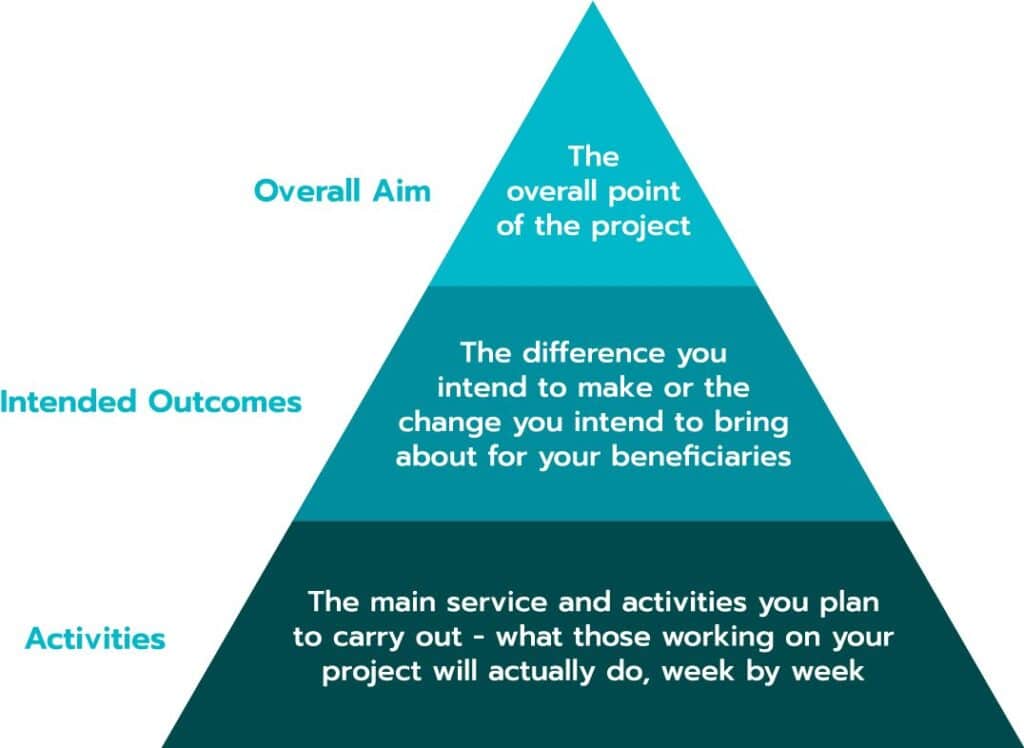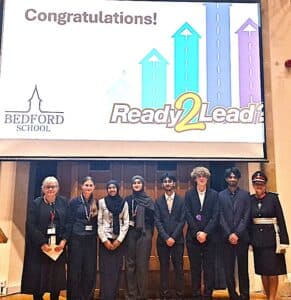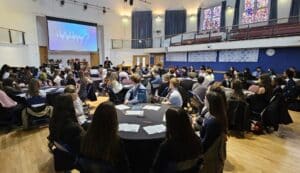For projects of £5,000 or less your application will be considered under our Small Grants Programme which means you can proceed immediately to the full Stage 2 Application Form without having to fill in our preliminary Stage 1 Application Form. All funding requests for more than £5,000 will need to follow our two-stage application process.
We do not have specific limits to the size of awards. However, applications for very large amounts will generally only be successful if the organisation has successfully run Harpur Trust funded projects in the past and has discussed the project with the Trust for some time before applying. Applications for more than £50,000 in any one year need to be approved by our full Board of Trustees, which extends the decision-making period.
If you are unsure about what is a reasonable amount to ask for, look at our list on the 360 Grant Nav Report for a list of grants made in previous years. We encourage applicants to look at a broad range of funding sources, so you can ask The Harpur Trust to part fund your project.



